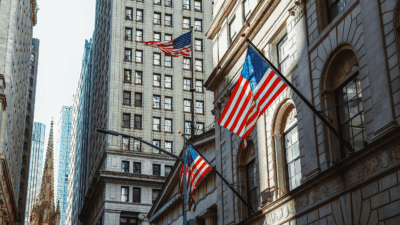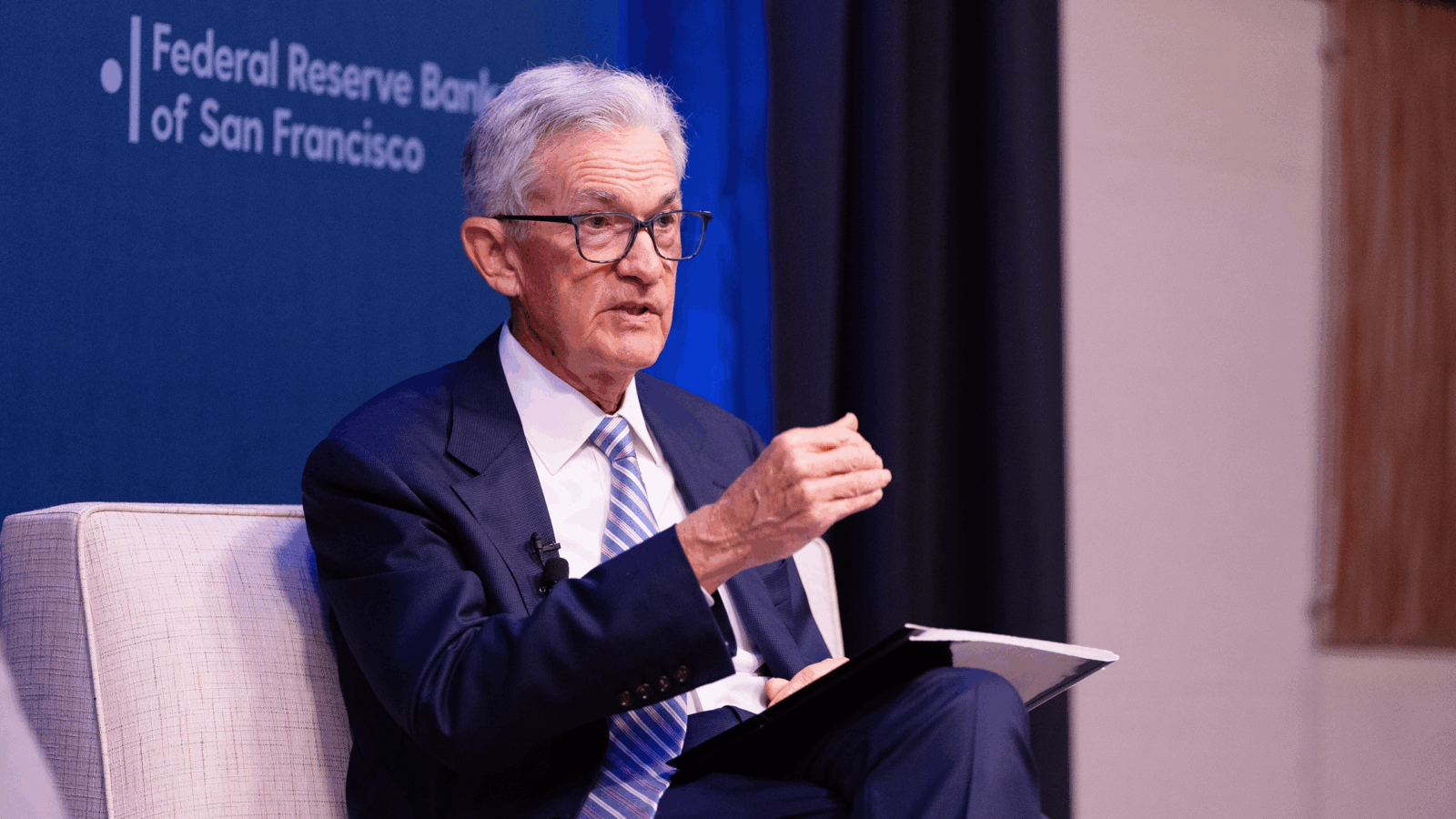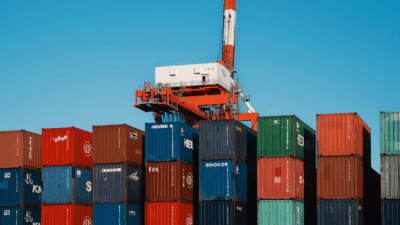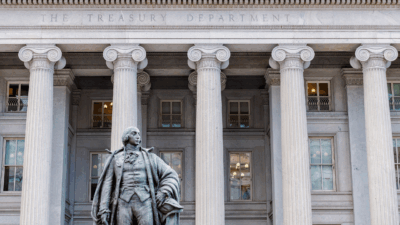London’s Days as the World’s Money-Laundering Capital May Be Numbered
London has been the world’s top spot for money laundering, but that could be changing. Roughly 17% of UK millionaires are leaving.
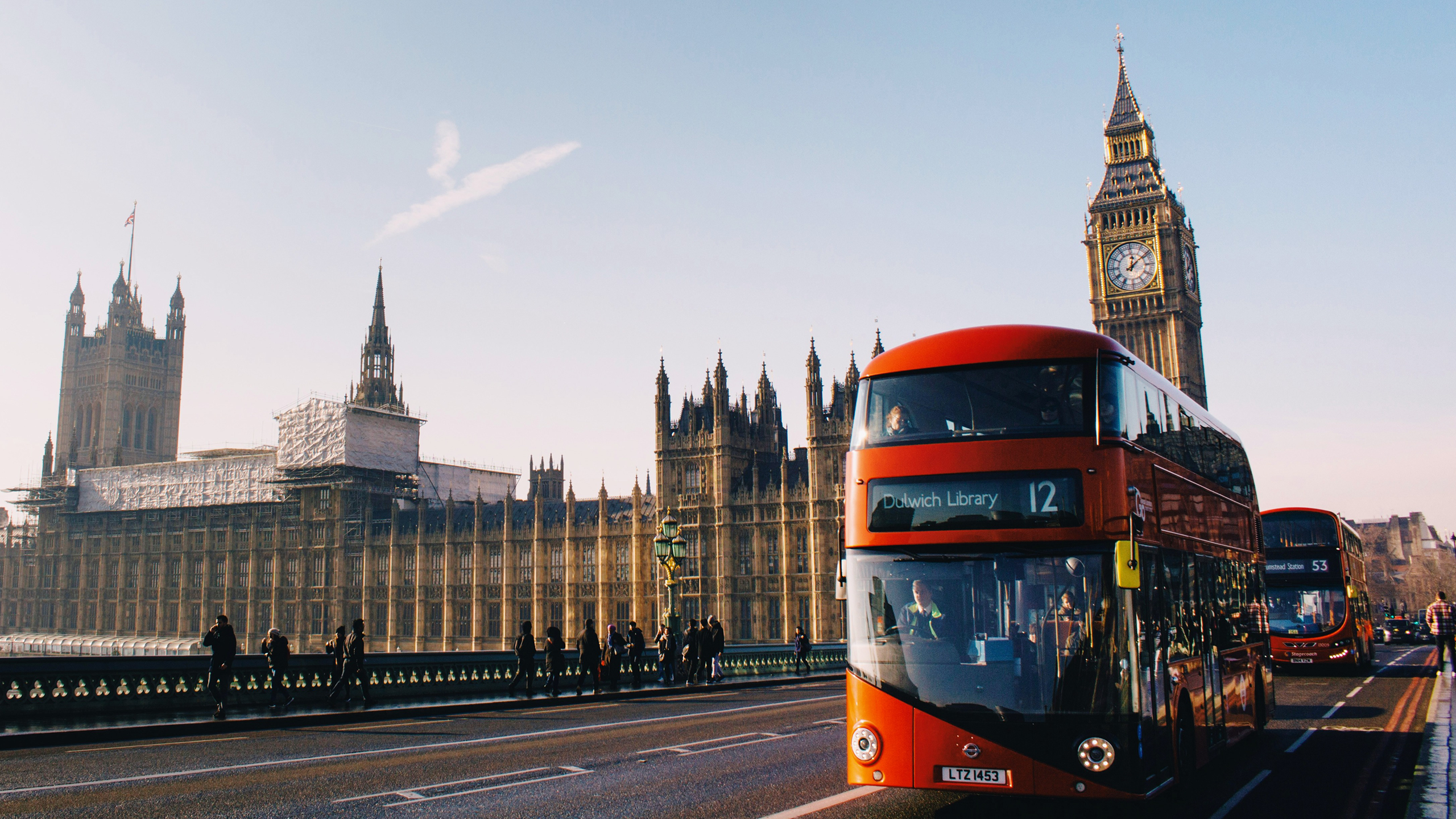
Sign up for smart news, insights, and analysis on the biggest financial stories of the day.
London is known for more than a few things: red buses, black cabs, and suspiciously empty mansions owned by foreign millionaires.
For decades now, the UK’s capital has been the world’s top spot for money laundering, but that could be changing. UBS reported earlier this month that the UK is due to see an exodus of millionaires, with roughly 17% of its two-comma inhabitants due to migrate. The chief economist at UBS Global Wealth Management told CNBC it’s not necessarily a terrible sign, as the UK always had a disproportionately high number of millionaires.
The World’s Laundromat
London’s status as a money-laundering hub started with Margaret Thatcher’s deregulation of financial services in the 1980s and then picked up steam under Tony Blair’s Labour government post-2008 as it chased foreign investment. Bion Behdin, chief revenue officer at anti-money laundering software company First AML, said London remains popular with money launderers due to “large volume of foreign direct investment, high house prices (great way to launder money) and safe stable currency with a lot of loopholes in current [anti money-laundering] legislation.”
But the winds are starting to shift — Putin’s invasion of Ukraine in 2022 threw London’s embrace of Russian millionaires into sharp relief, and the new Labour government is detering not just monied money launderers, but high-net-worth individuals in general:
- Alex King, a chartered accountant and founder at Generation Money, said the Labour government ending the previous “non-dom” tax status is the single biggest influencing factor. Non-doms are people who are tax-residents in the UK but don’t have to pay any tax on income made overseas — but the government is scrapping that perk.
- “Already, lots of non-dom individuals are considering leaving the UK or have already done so,” King said. “Through my financial consulting work it’s something I hear come up all the time, with lots of [high net worth] individuals looking at Monaco, Switzerland and the UAE as options to move to directly in response to the non-dom changes.”
King said Dubai, Singapore, and Hong Kong are increasingly seen as better places for people with “assets and location independence.” Robert Barrington, a professor of anti-corruption practice at the University of Sussex, told The Daily Upside that Dubai and Hong Kong in particular have seen an increase in capital flows from enterprises that use shell companies.
Cleaning House: Barrington said he is “cautiously optimistic” that Keir Starmer’s Labour government will make London less attractive to money launderers. “I think Britain reached a low point, so the only way is up,” he said. Behdin said the UK government should consolidate its financial regulators. “Each sector, including law and accounting, has a number of different regulatory bodies. It’s a messy way to run an anti-money laundering regime because enforcement levels vary dramatically from sector to sector,” said Behdin.





